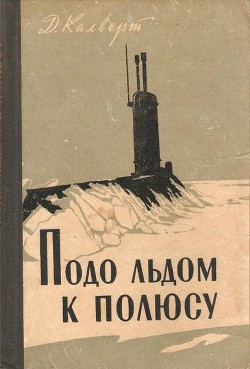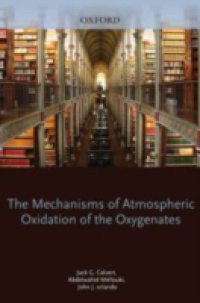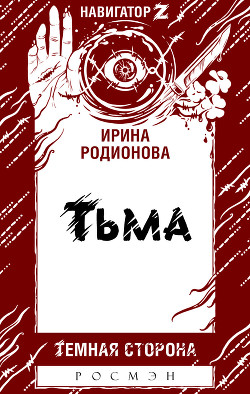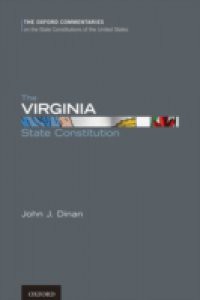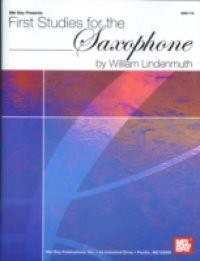The Sacred Is the Profane collects nine essays written over several years by William Arnal and Russell T. McCutcheon that share a convergent perspective: not simply that both the category and concept religion is a construct, something that we cannot assume to be natural or universal, but also that the ability to think and act religiously is, quite specifically, a modern, political category in its origins and effects, the mere by-product of the modern state. These collected essays, substantially rewritten for this volume, advance current scholarly debates on secularism-debates which, the authors argue, insufficiently theorize the sacred/secular, church/state, and private/public binaries by presupposing religion (often under the guise of such terms as religiosity, faith, or spirituality) to historically precede the nation-state. The essays return, again and again, to the question of what religion--word and concept--accomplishes, now, for those who employ it, whether at the popular, political, or scholarly level. The focus here for two writers from seemingly different fields is on the efficacy, costs, and the tactical work carried out by dividing the world between religious and political, church and state, sacred and profane.


